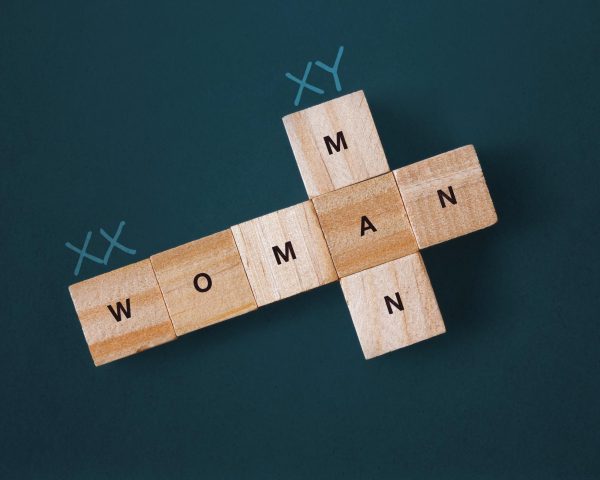Why WhatsApp is Snapchat for Grandparents
Why WhatsApp is Snapchat for Grandparents
Getting information across to a wide audience was not an easy task 30 years ago. The main form of publicizing serious information was a newspaper. The only problem was that you had to go through fact-checking, proofreading, and at least three people criticizing your paper 10 times. It’s not like this process doesn’t exist in today’s world, but at least now newspapers and magazines aren’t the only platforms for sharing news. Thanks to the rise of social media in 2020, it’s incredibly easy to get information out to millions of people around the world. This newfound method of sharing news and information has had a very diverse effect on today’s society. One downside is that most people now believe almost anything they see on social media. First hand, I see my grandparents and their generation being the most affected by this drawback.
I’m always getting these weird WhatsApp propaganda videos forwarded to me from my grandparents. They’re either about some crazy conspiracy theories, or videos titled, “Why Wearing Polyester Changed These Things About You,” and “India Should Be Grateful for Modi and His Accomplishments,” or even “Bolsonaro’s New Hydroxychloroquine COVID Vaccine Treatment.” Both sets of grandparents have become huge fans of some of the worst political figures in the world. They aren’t poorly educated people; both of my grandfathers are engineers and have worked in science their whole lives. One of the biggest problems for them is WhatsApp. If you don’t know what that is, you’ve probably never had family in a different country or had to stay in touch with someone overseas. It’s becoming increasingly used during the pandemic not just by grandparents, but also everyone around the world. This spike in use definitely didn’t help with their preexisting obsession. According to The Star, “with the risk of coronavirus infection separating countless grandparents from younger generations, chat apps like WhatsApp have taken on even more relevance for those in isolation.” Although my grandparents were avid users of WhatsApp before the virus, the lack of in-person gatherings made them spend way more time using it.
I use WhatsApp just like iMessage: to text some friends and the majority of my family who exclusively use it. I was surprised to find out that my Indian grandma, who lives in Connecticut, spends hours per day just on WhatsApp. It was kind of understandable that she spent so much time on it, and it made me realize that WhatsApp is basically their Snapchat. All of my grandparents’ friends are on it, so they have group chats from bridge clubs and golf clubs, group chats with sisters, and obviously group chats with friends. They probably have four different group chats for each side of the family. They send these strange propaganda videos to us, just like I send my friends ten Tik Toks or Instagram posts every hour.
The concern about false information spreading on WhatsApp with my grandparents is just as prominent in our generation with Instagram. I’m very supportive of my peers who take to social media to protest and spread words of change, and I’ve obviously done the same. However, one thing that worries me is the growing occurrence of false information and infographics going around everyone’s Instagram stories. Sure, plenty of them are inspirational and educational, but it has gotten to a point where every story is the same. I don’t even watch them anymore. I agree that we should take advantage of this huge platform that we have and make real changes in the world, but there is zero research being done into the creation of these posts. There is zero action being taken by people putting a cute picture of a graph on their story. There are countless examples of scam organizations who falsely claim to donate money or plant trees if you share their post, yet people do it every single time.
The growing spread of false information is concerning for both my grandparents’ generations and ours. WhatsApp and Instagram have become the main source of information and news for a startling number of people. So, how can we make sure the information we share is just as fact-checked and proofread as the newspaper was 30 years ago?
Yasmin is a senior at BASIS Independent Brooklyn. Her favorite class is AP Environmental Science, and she likes animals. Her favorite movie is Le Diner...










